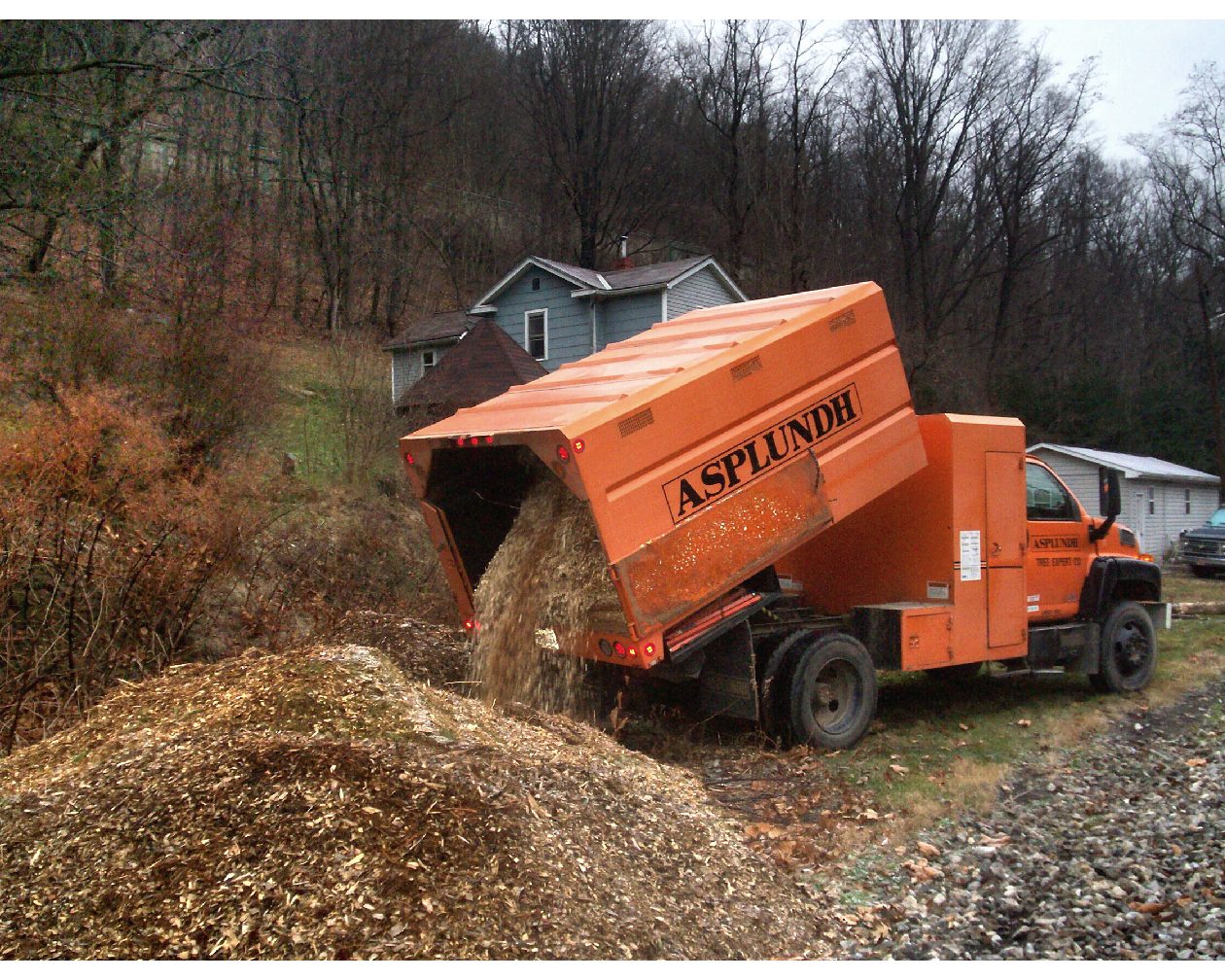We are all familiar with illegal dumping. Driving in and around Illinois, it is not uncommon to see discarded bags of trash, broken furniture, mattresses, and more along the roadside. There are old construction sites, often abandoned, that become prime dumping spots for many people. Illegal dumping doesn’t only affects the quality of life for those who live around it, but it can affect an entire city as a whole. Some people have even filed personal injury lawsuits in Peoria, Illinois for ailments that result from illegal dumping near their homes. It’s important to know your rights as a Illinoisan, so you can protect yourself against companies that fail to abide by the law.
What does Illinois law say about illegal dumping?
- Section 21 of the Illinois Environmental Protection Act (“Act”), 415 ILSC 5/21, prohibits the dumping of waste.
- Sections 44(a) and 44(p)(1)(A) provide for the classification of illegal dumping to be either a Class A misdemeanor or a Class 4 felony.
- Section 47-5 of the Illinois Criminal Code provides that dumping garbage, rubbish, refuse or trash on someone else’s property without their consent is a
- Class B misdemeanor for the first offense
- Class A misdemeanor for the second offense
- Class 4 felony for third or subsequent offenses
Are there municipal laws regarding illegal dumping?
Most municipalities and county governments have ordinances that prohibit illegal dumping and unpermitted landfills. Most local governments also have nuisance laws that apply to the accumulation of solid waste materials on a property as well.
How (and who) can I sue if Illegal Dumping negatively affected me?
Even though this is a criminal matter, it could also become a civil one if someone caused you damages by illegally dumping on your land. For example, if a construction contractor working near your property dumped gravel onto your property illegally, you may be able to file a lawsuit. In order to be successful in a civil case, you will need to prove that the defendant illegally dumped material onto your property, and you suffered losses due to the illegal dumping. These losses can include a devaluation of the property, the cost to remove and clean up the site, court costs and legal fees, and more.
Filing a personal injury claim for illegal dumping can be complicated, especially if you do not know who committed the illegal act. For the example above, it is generally easier to prove who did the dumping. However, most people know these actions are illegal and will take measures to keep their identities hidden. Having proof, such as surveillance video of the dumping, will be helpful when proving the matter in court. If you do not know who illegally dumped the material, there is no defendant to bring a case against.
Who has jurisdiction to combat illegal dumping?
All law enforcement officers in the state are authorized to enforce the provisions in state law explained above. This includes:
- Local police officers
- County sheriff’s deputies
- Illinois State Police
- Illinois Conservation Police
- State’s attorneys
- Local zoning and code enforcement
- County health and solid waste departments
- Illinois EPA
- Office of the Illinois Attorney General
If you are the victim of illegal dumping, your first call should be to your local police through their non-emergency phone line. Let an officer come and document the illegal dumping. Before having the illegally dumped items removed, you should thoroughly document the scene yourself. Use a camera to take photos of the illegally dumped material as well as any damages these materials caused. Keep all receipts of your expenses to remove the materials.



No Comment